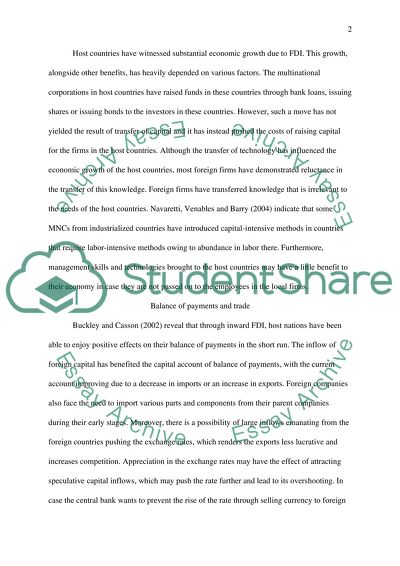Cite this document
(“The Impact of Inward FDI on Host Countries Essay”, n.d.)
The Impact of Inward FDI on Host Countries Essay. Retrieved from https://studentshare.org/macro-microeconomics/1455210-examine-the-impact-of-inward-fdi-on-host-countries
The Impact of Inward FDI on Host Countries Essay. Retrieved from https://studentshare.org/macro-microeconomics/1455210-examine-the-impact-of-inward-fdi-on-host-countries
(The Impact of Inward FDI on Host Countries Essay)
The Impact of Inward FDI on Host Countries Essay. https://studentshare.org/macro-microeconomics/1455210-examine-the-impact-of-inward-fdi-on-host-countries.
The Impact of Inward FDI on Host Countries Essay. https://studentshare.org/macro-microeconomics/1455210-examine-the-impact-of-inward-fdi-on-host-countries.
“The Impact of Inward FDI on Host Countries Essay”, n.d. https://studentshare.org/macro-microeconomics/1455210-examine-the-impact-of-inward-fdi-on-host-countries.


